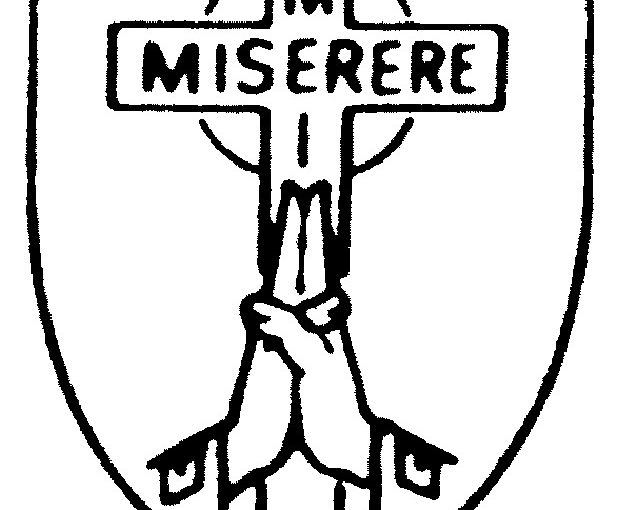Why, pray tell, do Christians allow atheists to set our form of worship? Consider the issue of public prayers. There are many reasons that event organizers, politicians, and leaders desire a prayer of blessing for a given event. Sometimes it is actually because they believe that prayer is a means by which we receive blessings from our heavenly Father. Other times it simply adds gravitas to the situation, it makes the event look a bit more formal.
No matter the reason for the prayer, as a pastor, as a chaplain (a pastor who serves in a secular setting), I take this request seriously. The priestly role of the pastor is to offer the prayers and concerns of the people to God on their behalf. This is a solemn duty given to us.
Saint Paul told Timothy (1 Timothy 2:1-7): First of all, then, I urge that supplications, prayers, intercessions, and thanksgivings be made for all people, for kings and all who are in high positions, that we may lead a peaceful and quiet life, godly and dignified in every way. This is good, and it is pleasing in the sight of God our Savior, who desires all people to be saved and to come to the knowledge of the truth. For there is one God, and there is one mediator between God and men, the man Christ Jesus, who gave himself as a ransom for all, which is the testimony given at the proper time. For this I was appointed a preacher and an apostle (I am telling the truth, I am not lying), a teacher of the Gentiles in faith and truth.
When we pray in public, we do so in a way which gives glory to God. Our audience is not the gathered throng, but our heavenly Father. Because there is only one mediator between God and men, the man Jesus Christ, we pray in such a way that acknowledges our prayers are offered only through Him.
Now, this does not mean that every prayer must say, “In Jesus’ name.” Obviously the Lord’s Prayer does not mention Jesus, but He is the source of that prayer, and we pray to His Father and ours. Luther’s morning and evening prayers do not end this way either, but begin “I thank you my heavenly Father, through Jesus Christ my Lord…” Clearly, then, our prayers are heard for the sake of Jesus Christ.
Why do we allow the fear of those who reject God to set the form of prayer? Too often we hear, “Oh almighty one… in your precious name we pray,” without knowing the identity of the “almighty one.” Are we praying to the Triune God, are we praying to a tree? I don’t know.
I realize that I am a geek, that I don’t get the subtle nuances of life. If I want to log in to the server which runs this web site, I have to address the server. I simply can’t say, “Oh server, whichever one is out there.” This blog post would never get written.
In a crowded room, or even when at home, we address people by name or title to say, “I am speaking to you.” Shouldn’t we do that to God? Yes, He knows all things, but He shouldn’t have to ask, “Are you talking to me?”
If the atheist is offended by the name of the Lord, so be it. I am praying for him, I am praying for her, in the best way I know, through Jesus Christ. They don’t have to pay attention, they don’t have to listen. And, they don’t have the right to force me to live according to their beliefs, even as I cannot force them to believe in Jesus Christ.
So, pastors and chaplains, please pray in the name of Jesus. Stand up for your beliefs. After all, Jesus said (Matthew 10:32-33): So everyone who acknowledges me before men, I also will acknowledge before my Father who is in heaven, but whoever denies me before men, I also will deny before my Father who is in heaven. I don’t want to give any impression of denying our Lord and Savior.
In Jesus’ name. Amen.
